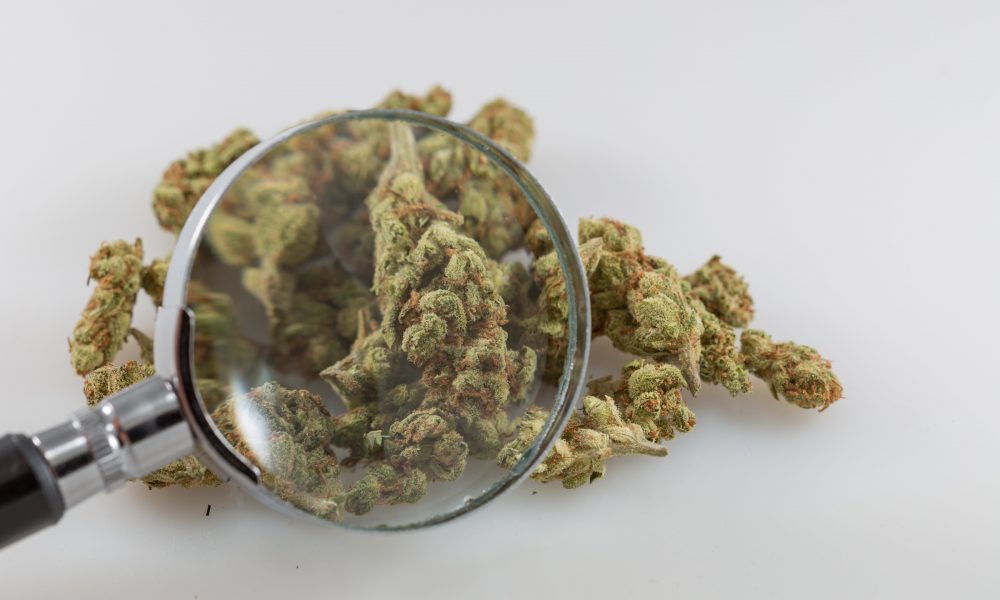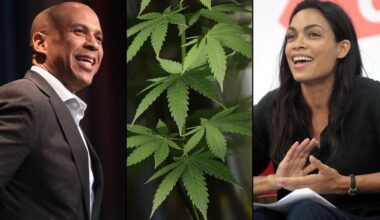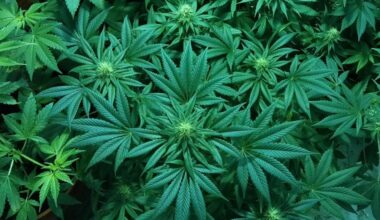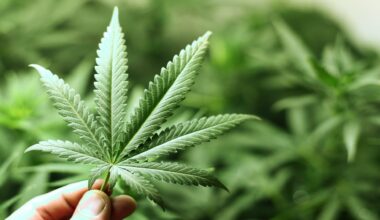CNN’s chief medical correspondent Sanjay Gupta wasn’t always on board with medical marijuana, but things changed when he looked for the science, he said during an interview on the Joe Rogan Experience on Wednesday.
But to find the science that ultimately convinced him of the therapeutic potential of cannabis, he had to look internationally, because there seemed to be a “very biased set of data” in the U.S. that focused almost exclusively on the potential harms rather than benefits.
“If you’re just looking at papers—well, this one [says there’s] potential long harm, this one possible addiction, this one gateway—you know, you’re seeing all those individual studies, but at a broader level, one step upstream, you realize that most of the studies that are getting funded are designed to look for harm,” Gupta said.
“When I saw that, that was the first time I thought, ‘well, why are the studies that are getting out there, why are they all designed to look for harm?” he said. “Then I started looking at other countries, and some really good research out of places like Israel in particular.”
Scientists outside of the U.S. were taking a different approach, investigating potential therapeutic applications for marijuana for conditions like pain and seizures. That—combined with witnessing the measurable impact of cannabinoids for children with severe epilepsy—changed Gupta’s mind on the issue. And he took a bold step in 2013 of penning an article for CNN explaining why his perspective had shifted form being a cannabis skeptic to a supporter.
This was at a time when the first states were beginning to legalize marijuana for adult use, forcing people to consider the implications of ending prohibition and giving adults access to the plant. Reading an article from a high-profile practicing physician that challenged the narrative of cannabis being all bad may well have done much to change hearts and minds at a pivotal time.
Prior to writing that op-ed, Gupta also hosted a CNN docu-series called “Weed” that also explored the science and real-world experiences of people who’ve seen dramatic health benefits from the use of cannabis.
Rogan told Gupta that he “really respected that you made this change of opinion publicly.”
“When you were first talking about marijuana, you were talking about it as if it had no medical benefit and it was really just a recreational drug that was possibly or probably harmful,” the podcaster said. “But then, upon further examination, you publicly changed your position, and, in doing so, you actually examined all the scientific evidence.”
“I really admired that because that takes a lot of courage, because a lot of people, when they have an idea and they proclaim it publicly, they double down and they just [use] confirmation bias and whatever, you know, echo chamber and news sources they can get to sort of confirm their initial position,” he said. “You didn’t do that, and I thought, ‘that’s a real, real thinking person who is trying to honestly figure out what’s going on instead of just working on being right.’”
Rogan is well known as an advocate for drug policy reform, and he often takes opportunities to discuss issues like marijuana and psychedelics with guests on his podcast.
Tech entrepreneur Elon Musk got himself into hot water after smoking a blunt with Rogan in 2018, and he made another appearance on the show this year where he argued that there’s excess hype over CBD, only to be challenged with the science by the host.
In 2019, Rogan reminisced about a time he attended a film premiere with comedian Dave Chappelle, who he said took magic mushrooms from a stranger prior to the feature.
That year, former boxer Mike Tyson spoke with the podcast host about tripping on psychedelics and smoking marijuana.
In 2019, Sen. Bernie Sanders (I-VT) talked to Rogan about his support for marijuana legalization.
Rep. Tulsi Gabbard (D-HI) went on the podcast the prior year and spoke at length about the need to legalize marijuana and reform the criminal justice system. Rogan also took the opportunity to tell her a bit about about the medical benefits of psychedelics.
The podcaster also debated the merits of marijuana legalization with a Republican congressman, Rep. Dan Crenshaw (D-TX), who ultimately conceded that medical cannabis should be federally legal and states should be empowered to set their own legalization policies.
Nevada Sold More Than $1 Billion In Marijuana In One Year, Officials Report
Medical Disclaimer:
The information provided in these blog posts is intended for general informational and educational purposes only. It is not a substitute for professional medical advice, diagnosis, or treatment. Always seek the advice of your physician or other qualified healthcare provider with any questions you may have regarding a medical condition. The use of any information provided in these blog posts is solely at your own risk. The authors and the website do not recommend or endorse any specific products, treatments, or procedures mentioned. Reliance on any information in these blog posts is solely at your own discretion.







